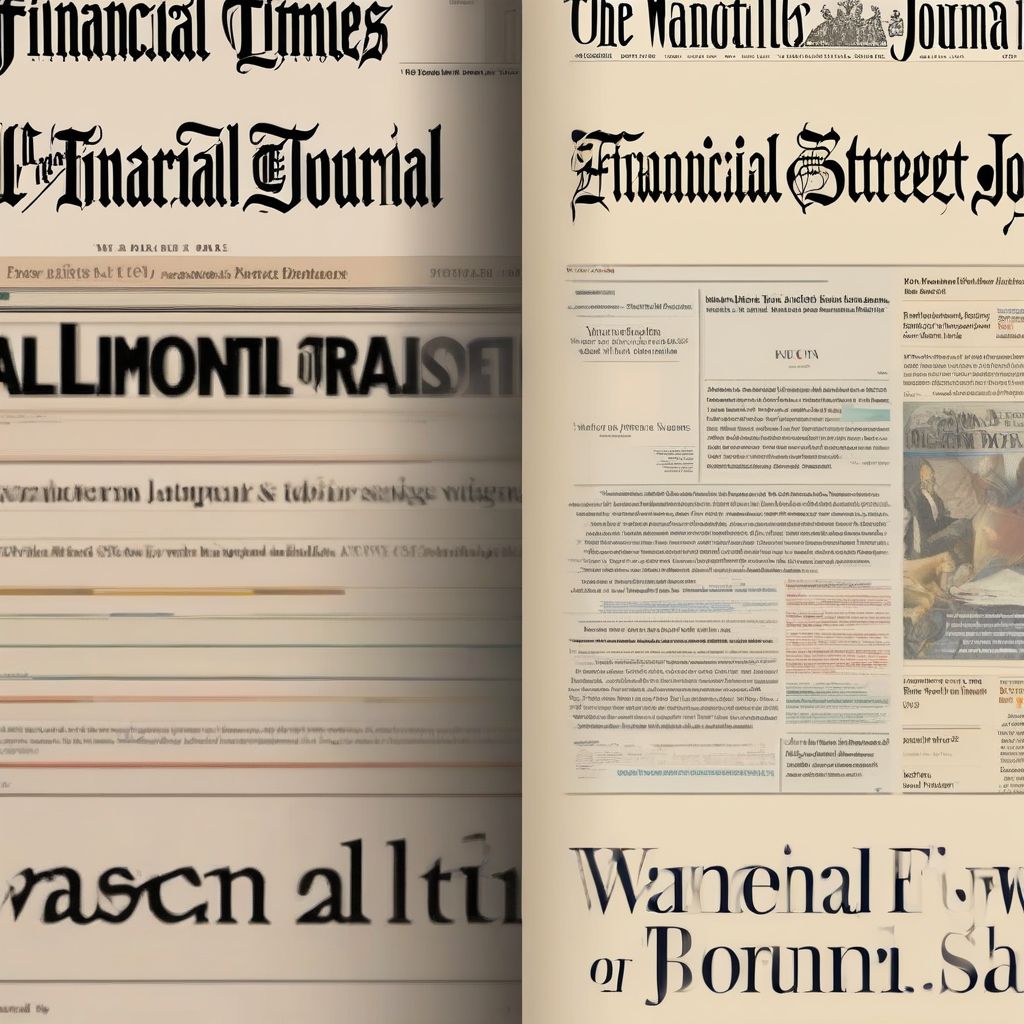Navigating the World of Financial Advice Online
In today’s digital age, the quest for sound financial guidance often begins online. Whether you’re a seasoned investor or just starting to explore the world of finance, seeking “Financial Advice Online” has become increasingly common. This digital approach to financial planning offers convenience and accessibility, allowing individuals to take control of their financial futures from the comfort of their homes.
Understanding the Importance of Financial Advice Online
Financial advice online encompasses a broad spectrum of resources, tools, and services designed to empower individuals to make informed decisions about their money. This can include:
- Investment Advice: Guidance on selecting and managing investment portfolios tailored to your risk tolerance and financial goals.
- Retirement Planning: Strategies for saving and investing for a comfortable retirement, including 401(k)s, IRAs, and other retirement vehicles.
- Debt Management: Advice on consolidating debt, negotiating with creditors, and developing a plan to become debt-free.
- Budgeting and Saving: Tools and tips for creating a budget, tracking expenses, and building an emergency fund.
- Tax Planning: Strategies for minimizing tax liabilities and maximizing deductions.
Addressing Common Queries About Online Financial Advice
As you embark on your journey to find reliable financial advice online, you’re likely to have some questions:
1. Is Online Financial Advice Right for Me?
Online financial advice can be beneficial for individuals at all stages of their financial lives. It’s particularly useful for those who:
- Prefer a DIY Approach: Enjoy researching and managing their own finances.
- Value Affordability: Often, online financial advice is more cost-effective than traditional financial advisors.
- Seek Flexibility: Online platforms provide 24/7 access to financial information and tools.
2. How Do I Find Reputable Sources of Online Financial Advice?
- Check Credentials: Look for certified financial planners (CFPs), chartered financial analysts (CFAs), or other reputable designations.
- Read Reviews: See what other users are saying about their experiences with different online financial advisors.
- Understand Fees: Be aware of the fee structure, whether it’s a flat fee, hourly rate, or percentage of assets under management.
3. What Are the Risks of Online Financial Advice?
- Lack of Personalization: Generic advice may not address your unique financial situation.
- Information Overload: The sheer volume of information online can be overwhelming.
- Scams: Be wary of websites offering unrealistic returns or guarantees.
Essential Tips for Navigating the Online Financial Landscape
- Start with Your Goals: Clearly define your financial goals to determine what type of advice you need.
- Do Your Research: Don’t rely on just one source of information. Compare advice from multiple reputable websites and experts.
- Verify Information: Cross-reference information with trusted financial institutions or government websites.
- Consider a Hybrid Approach: Combine online resources with guidance from a traditional financial advisor for a well-rounded strategy.
 Diversified Investment Portfolio
Diversified Investment Portfolio
Conclusion
Navigating the world of financial advice online offers both opportunities and challenges. By understanding the landscape, choosing reputable sources, and staying informed, you can make empowered decisions to achieve your financial goals. Remember, your financial journey is unique, and it’s essential to find resources and strategies that align with your individual circumstances. As you delve deeper into the world of finance, continue to expand your knowledge and seek expert guidance to build a secure financial future.




